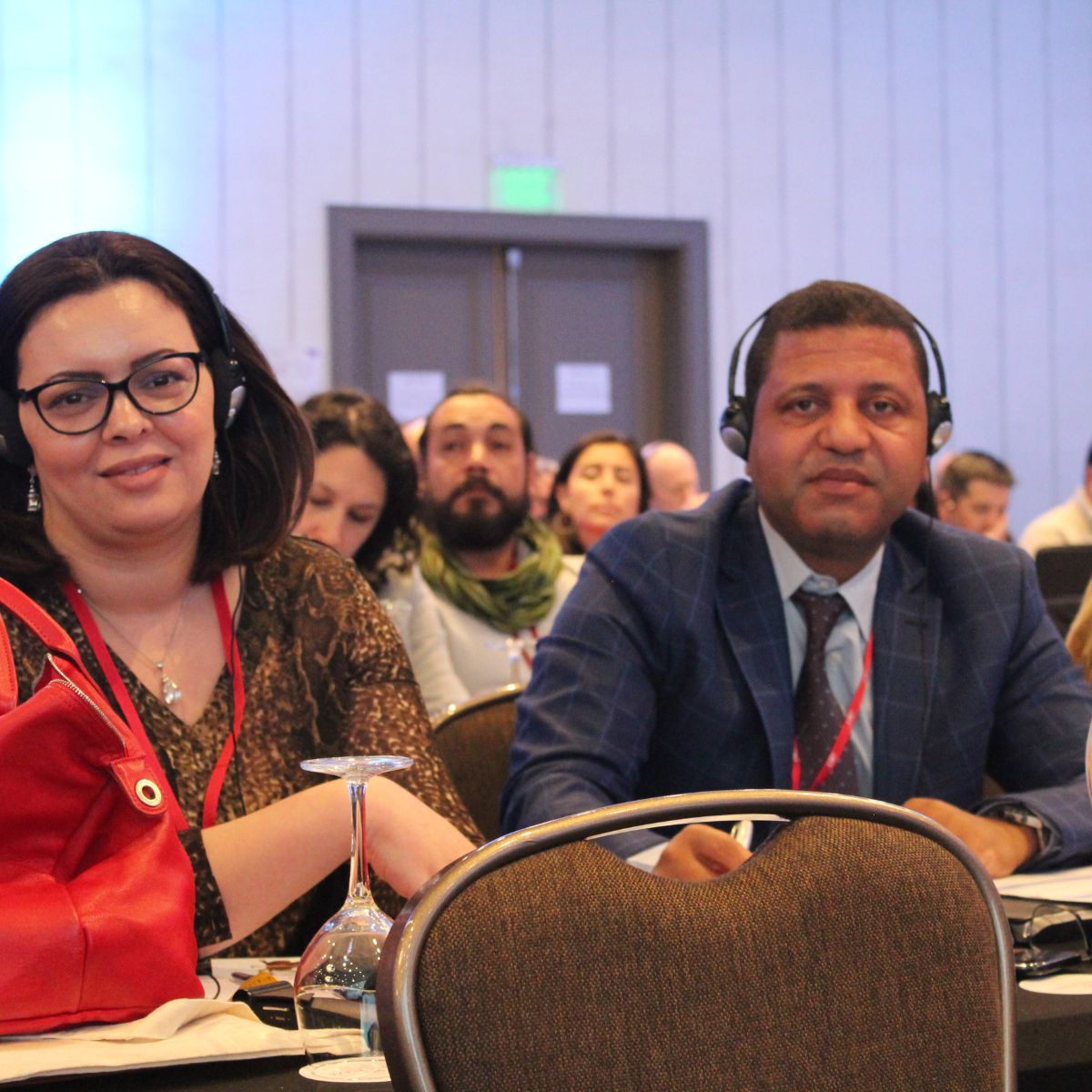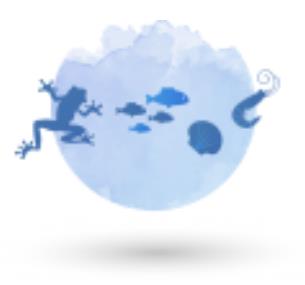
Public and private stakeholders in the world’s aquaculture industries congregated in Chile’s capital city, Santiago for the fourth OIE international conference on Aquatic Animal Health under the theme “collaboration, sustainability : our future”. The choice of Chile as a host country was hardly a coincidence, Chile being the second largest salmon producer in the world.
The Conference was attended by some 280 participants, most of whom from the American continent. The Africa region was represented by 8 countries and delegations, i.e. Congo (Democratic Republic), Egypt, Morocco, Nigeria, Togo, Tunisia, Uganda and Zimbabwe, either by the OIE Delegate or by the Focal Point or both. Other relevant regional organisations from the region represented at the Conference were the African Union Inter-african Bureau for Animal Resources (AU-IBAR) in Nairobi, the Southern African Development Community (SADC) Secretariat (in Gaborone) and the Arab Organisation for Agricultural Development (AOAD) in Khartoum.
This fourth international conference aimed to refocus on the basic principles of sound aquatic animal health management and implementation of relevant OIE standards, with a total of four sessions designed around:
Monique Eloit, OIE Director General
Biodiversity aquatic Santiago Chile 2019
From an African perspective, important topics were addressed by Henrique Figueredo (Brazil) on the current spread of Tilapia Lake Virus in the world, nowadays categorised as a single species of Tilapia tilapenivirus of a hitherto unassigned family; and Jonathan Kolby (USA) on the spread and risks to biodiversity of amphibian diseases, amongst which B. salamandivorans, threatening the survival of more than 500 species of salamanders. In both cases, as for the 2 OIE listed frog diseases, trade is an important vehicle for the spread of these diseases and strict adherence to OIE biosecurity and certification standards can avoid further degradation of the situation.
A special session was on biosecurity in aquaculture and there the importance of tilapia farming for food, nutrition security and livelihood for rural households in Africa and Asia was stressed by Mohan Chadag from WorldFish. To sustain and develop the tilapia farming sector, biosecurity plays a central role. Egypt and Uganda are among the 10 largest tilapia producers in the world.
In a session devoted to advances in disease management chaired by the OIE Delegate of Norway, Dr Kristina Landsverk, Dr Matthew Stone, OIE Deputy Director General informed the audience about the work done by the OIE and the Tripartite (FAO, OIE, WHO) in fighting antimicrobial resistance (AMR), the largest global health threat to humans, animals and the environment. He emphasised the necessity to address AMR through a One Health approach, human health, animal health and environmental health, the latter of which the waterbody is an important part. Innovation, collaboration and public-private partnerships (PPP) play a key role in addressing AMR. As an example of the importance of collaboration the incredible success of the Norwegian salmon aquaculture industry was highlighted. Norway is the biggest producer of salmon in the world with a yearly production of about 1.3 million (metric) tonnes per year. In this production only 300 kgs of antibiotics are used. This has been made possible by developing new vaccines, by strictly regulating the use of antimicrobials (only administered on prescription following a proper diagnosis and susceptibility testing) and stringent biosecurity measures taken on farm- and national level. Ben North, representing the pharmaceutical industry in Norway put it in one sentence “a microliter of prevention is better than a tonne of cure”.
The Conference was made possible thanks to the generous financial support of the Republic of Chile, the Peoples’ Republic of China, Japan, the European Union and Norway (NORAD) as well as various private sector sponsors.
All pictures © P. Bastiaensen (oie) 2019, except when mentioned otherwise.



